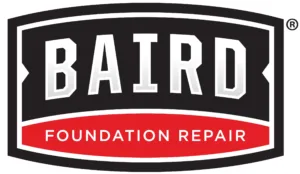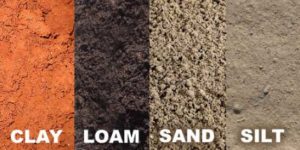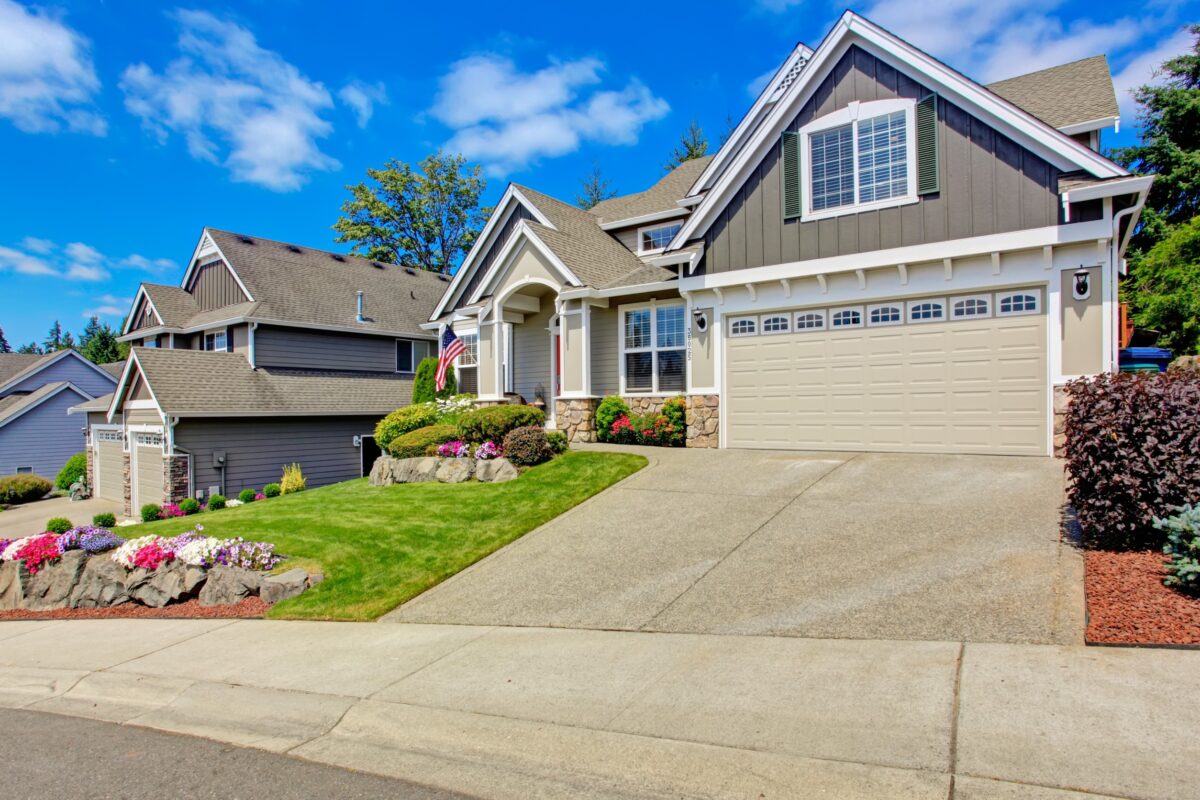
Everything You Need to Know About the Foundation in Texas
From the beautiful Hill Country to the expansive South Texas Plains, from beloved Big Bend National Park to the sunny Gulf Coast, and from the Panhandle Plains to the Prairies and Lakes region, Texas is known for its diverse landscapes and subtropical and continental climates. Climate and landscape are important because they affect the soil and type of foundation found in a region.
How do climate and landscape affect the soil?
At Baird Foundation Repair, we proudly service San Antonio, Corpus Christi, Houston, Austin, and surrounding areas, making us the experts in the foundation and soil types of South and Central Texas.
The climate in these regions of Texas is subtropical, subhumid, and characterized by hot summers and dry winters. In South and Central Texas, several types of clay soil are quite common, specifically heavy clay and loamy clay soils. Heavy clay soils are highly absorbent and expandable when exposed to moisture, so they will also dry out and shrink significantly when there is a lack of moisture. Loamy clay soils consist of sand, silt, and clay. They are more stable as they are less sensitive to changes in moisture than heavy clay soils.
You can also find sandy soil types in these regions, especially in the southeast parts of the South Texas Coastal Plain. Sandy soils are more stable because water can pass through sand freely without absorption, but the water can also shift the placement of the sand. Sandy loam soil is a type of sandy soil, which is similar to loamy clay soil but has a sand-like texture. Since it does not absorb or retain moisture well, it is stable but susceptible to erosion. Soil type is also a factor which affects the foundation in Texas.
What is slab-on-grade foundation?
Slab-on-grade foundation is when a concrete slab serves as the foundation of a building, leaving no space between the structure of a building and the ground. This foundation style is constructed by pouring concrete into a leveled subgrade or mold. Often there is a layer of sand or gravel under the concrete slab to aid in drainage. This type of foundation requires level ground for construction. Commercial buildings in Texas are typically built on slab-on-grade foundations. For these larger constructions, slab-on-grade foundation is a popular choice because it is easy to construct and does not require crawl spaces or footings to maintain.
In general, slab-on-grade foundation is low maintenance compared to other foundation styles because it requires less materials to install and it is less vulnerable to infestations due to its lack of hollow space between the ground and construction. Slab-on-grade foundations are better suited for warmer climates with moderate temperature fluctuations to protect the concrete from compression, expansion, and cracking.
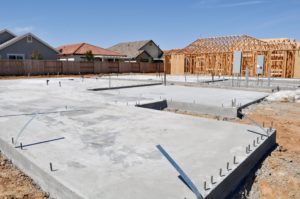
What is pier and beam foundation?
Pier and beam foundation is when a home is elevated above the ground by exterior support walls, creating a narrow space (of at least 18 inches) called a “crawl space” between the ground and the first floor of the construction. This type of foundation can be built on slopes and hills, its crawl space can function as a storage space if properly sealed, and its elevated structure protects it from flooding. But this foundation style can require more upkeep and maintenance than slab-on-grade foundation because it is vulnerable to pest infestations, mold, and mildew.
A pier and beam home has beams along the perimeter of the home that support its flooring and piers that penetrate the ground and support the beams. Pier and beam foundations can resist clay soil’s natural tendency to expand and shrink if the piers are placed deep enough into the ground below the active soil layer. They can be constructed with concrete, wood, brick, or stone. Wooden pier and beam homes are susceptible to wood rot. To avoid freezing pipes, mold growth, or rotting wood, pier and beam foundations are better suited for warm and dry climates.
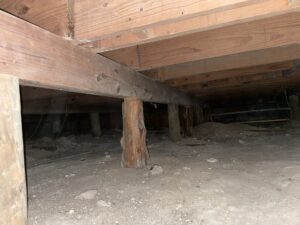
Understand, Protect, & Repair your Foundation with Baird Foundation Repair
There is a lot to consider when it comes to your home’s foundation. If you want to know more about the type of foundation in your home or are experiencing foundation issues, then contact Baird Foundation Repair. We are expert foundation repair specialists who can provide you with a free inspection!
